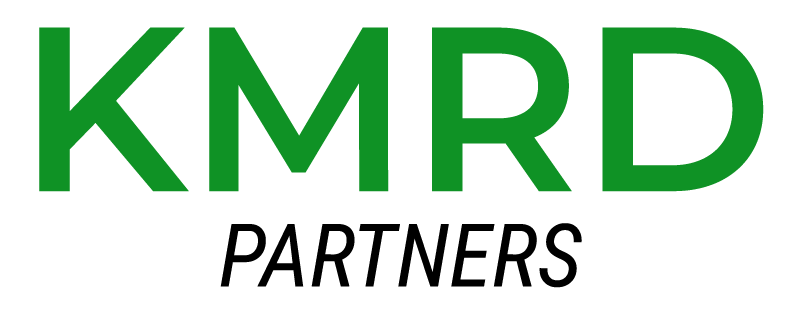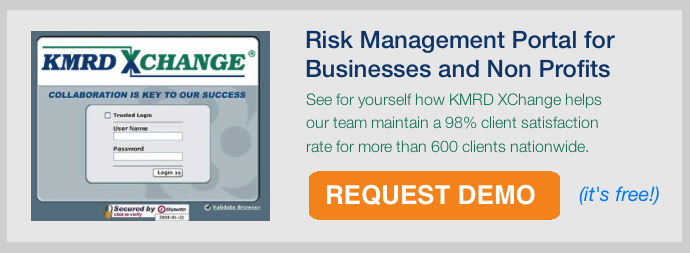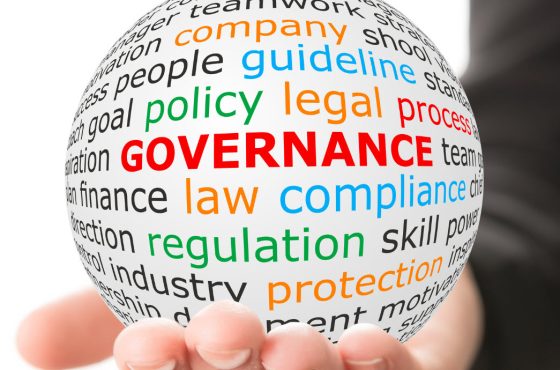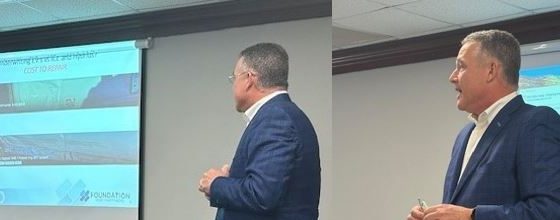7 Steps to a Better Claims Management System for Your Business
Involve your insurance broker in the management of your insurance claims. Why? Because better claims management will maximize your return on your insurance investment and minimize the impact of poorly managed claims and poorly negotiated settlements on your insurance pricing.
Insurance claims can be complicated, time consuming and financially burdensome. Most executives lack the time, experience and expertise to monitor, control, or question an insurance carrier’s handling of claims. Mismanagement of claims effects deductible outlays, historical loss experience and the bottom line. All of this makes it difficult to build an better claims management system.
Why It’s Important to Aggressively Manage Your Insurance Claims
- The uninsured portion of claims and deductible payouts immediately impacts profitability.
- Historical loss experience is used by carriers to determine a company’s insurance price. Mismanaged claims with higher than necessary payouts adversely impacts profits.
Getting your insurance claims advocate involved early in the claims process can help combat the cost of claims. To develop an effective insurance claim, and to help build a better claims management system, your claims advocate should:
- Assist with reporting the claim in a specific manner designed to trigger/maximize coverage; and,
- Ensure all parties are informed and in agreement with 7 key areas explained below.
Seven tips to develop an effective insurance claim and build a better claims management system:
- Description of circumstances that gave rise to the claim. Everyone should have a clear understanding of how the claim occurred. Effective accident investigation programs assist with identifying future prevention measures and will help keep everyone honest about what body part and/or property should be involved in the claim. Discrepancies in a story will identify red flags and opportunities to defend the company’s position.
- The current paid, reserves and expenses posted. Everyone should understand the value of the claim and agree on it’s accuracy. Sounds simple right? Wrong. Insurance companies place reserves on claims. These reserves represent their estimates of what the claim will ultimately be valued after it is paid.
- Rationale behind reserves. Reserves are important because they are used in the evaluation of a company’s loss performance and future insurance pricing. If a company is self insured, there are liabilities which should be recognized / accrued in a company’s financial statement. Reserves are estimates and can therefore be subject to debate. It is important to understand the insurance company’s rationale behind the reserves and establish a consensus between all parties. Your broker’s claims advocate should have a process and ability to challenge and lower reserves. The process of reviewing workers compensation reserves prior to the carrier reporting losses for the promulgation of an experience mod is also critical. One mistake or over-reserved claim can lead to a higher than accurate experience mod and in-turn premium.
- Strategy for resolution. A sound strategy should be detailed with explicit target dates guaranteeing progress towards resolution. It should define who is responsible for the next step and when it will be completed. The strategy should be re-evaluated often to maintain focus and accuracy. Never forget to remind the carrier to pursue other parties whose negligence contributed to the claim (Subrogation) to lower your claims experience.
- Estimated time frame for resolution. Target dates for a resolution keep everyone focused on expectation for closure. As changes sometimes cannot be prevented, target dates should be re-evaluated based upon circumstances at hand.
- Request for input from Insured. Insureds can offer valuable information to assist in the resolution of the claim. Often, the Insured is the eyes and ears on the ground level and is the first to know of changing situations. The Insured also provides information needed to adjust the claim such as wages etc.
- Suggested Risk Control initiatives. Insurance adjusters obtain information through the investigation of the claim which could aid in the prevention of future claims. Without being asked, this valuable information is often lost.
Related Information:
- 12 Situations When It Makes Sense to Use KMRD to Improve Your Claims Advocacy Process
- Why Our Claims Advocacy Process Is the Best – KMRD
- Watch Video: What Our Claims Advocacy Person Does
- Watch Video: The Power of Loss Analytics to Improve Claims Management
Contact us below to discuss how KMRD can help you evaluate create a better claims management system.

Jenean Meier is a Claims Advocate at KMRD Partners Risk & Insurance Solutions, a leading risk management and human capital solutions firm the Philadelphia region.
Contact UsMeet the KMRD Team About KMRD
How KMRD Can Help:
KMRD delivers risk management and human capital solutions to clients with locations across globe. Our award-winning team, disciplined approach, proven processes, combined with our risk management portal make KMRD the leading choice to improve general liability protection and reduce the overall cost of risk.






